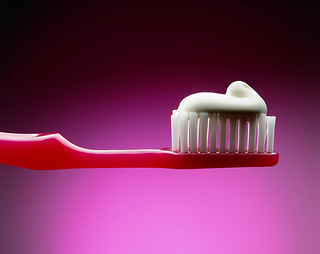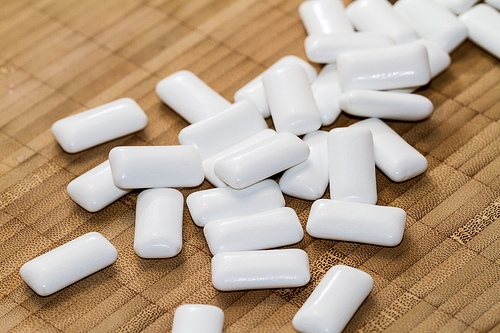More Adults Are Opting for Invisalign®
May 24th, 2017

These days it's becoming more and more common to see adults at our Phoenix, AZ office getting their teeth straightened with Invisalign clear aligners — that is, if you can see them! Treatment with Invisalign is effective and aesthetically pleasing for all ages, but adults have certainly taken to them.
For some it may be to overcome the stigma that "braces are just for kids," but for others it may be the displeasing appearance and discomfort of traditional braces. According to the American Association of Orthodontics, from 1994 to 2010 the number of adults 18 and older getting braces increased by 58 percent, from 680,000 to 1.1 million annually. Many of these adults opt for Invisalign because of how discreet they are and since they don't need to avoid any foods or make dietary changes like you do with traditional braces.
The benefits of getting your teeth into proper alignment are many, and so are the advantages of Invisalign. By following your individual course of Invisalign treatment, you can expect to enjoy the following benefits over traditional braces:
- The total treatment time is more precise with Invisalign since your treatment is modeled by a computer, as compared to traditional braces where it is really just an estimate.
- You'll need to make fewer trips to our Phoenix, AZ office since you can change your trays on your own every few weeks or as prescribed.
- There's less risk to the health of your tooth enamel since there is no need to place brackets on your teeth.
- Invisalign aligners are clear and practically invisible, so most people won't even know you're wearing them!
If you're interested in Invisalign treatment, please let Dr. Jones know. We'd be happy to help you on your journey to a straighter, healthier smile!




